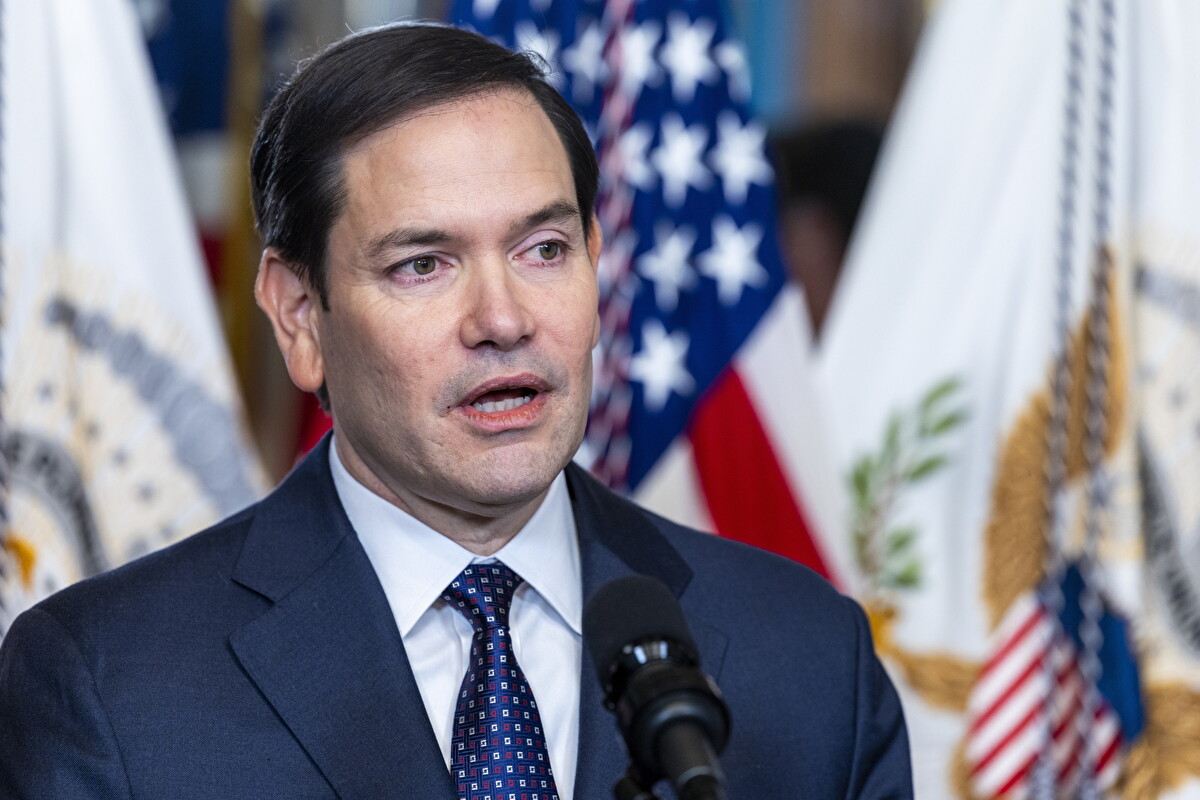The Washington Post reports that President Trump excluded Defense Secretary Pete Hegseth from key discussions regarding possible U.S. military intervention in Iran. Instead, the U.S. leader has turned to a small group of less influential but more experienced aides.
The “Tier One” group advising on a potential U.S. strike on Iran is composed of Vice President JD Vance, Chairman of the Joint Chiefs of Staff Gen. Dan Caine, Secretary of State Marco Rubio and CIA Director John Ratcliffe. Sources say that this quartet, which at times also includes Army Gen. Michael “Erik” Kurilla, commander of U.S. Central Command, conducts all major military and intelligence briefings.
In contrast, although Hegseth was confirmed earlier this year and initially played a central role in the administration, his influence declined significantly in the wake of the “Signalgate” scandal.
The controversy began when Hegseth allegedly shared classified information regarding a U.S. air strike plan against the Houthis in Yemen in a private chat that mistakenly included a journalist. Since then, sources inside the White House say the Pentagon chief has lost much of his initial influence, as well as the trust of the president and his circle of loyalists.
After the episode, major military briefings were held without him and members of his staff. Now, as Trump considers a possible attack on Tehran, U.S. military planning appears to be in the hands of Dan Caine and Erik Kurilla. Both are leading the direct military coordination with Israel as Iranian facilities come under increasing attack.
“There is no operational coordination involving Hegseth,” an official told the Washington Post, ”no one is talking to him.” The latter’s exclusion from briefings could have real consequences. Some national security experts, for example, question whether a Defense Secretary sidelined by military planning could actually lead the Pentagon during a potential war.
Given the growing rumors in recent days, Pentagon spokesman Sean Parnell tried to deny rumors about Hegseth’s departure, saying: “The Secretary is speaking with the President multiple times a day each day and has been with the President in the Situation Room this week. Secretary Hegseth is providing the leadership the Department of Defense and our Armed Forces need, and he will continue to work diligently in support of President Trump’s peace through strength agenda.”
The Pentagon leader is not the only federal official to be kept away from Iran-focused meetings. In fact, a few days ago, at a meeting at Camp David, the same fate befell Tulsi Gabbard, director of national intelligence. Earlier, Gabbard had released a video on her X profile in which she said she opposed a possible U.S. attack in the Middle East, which sent President Trump into a rage.












